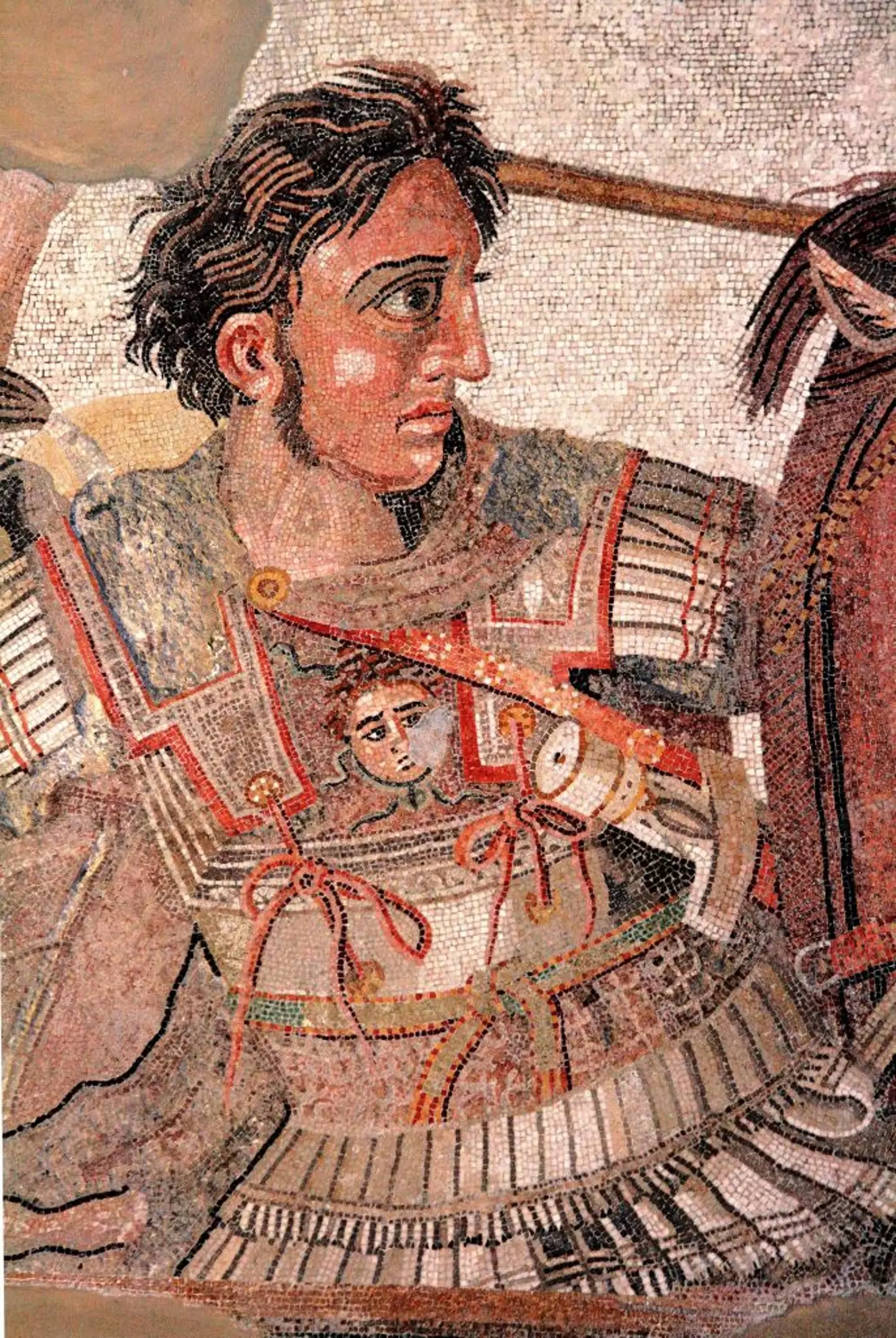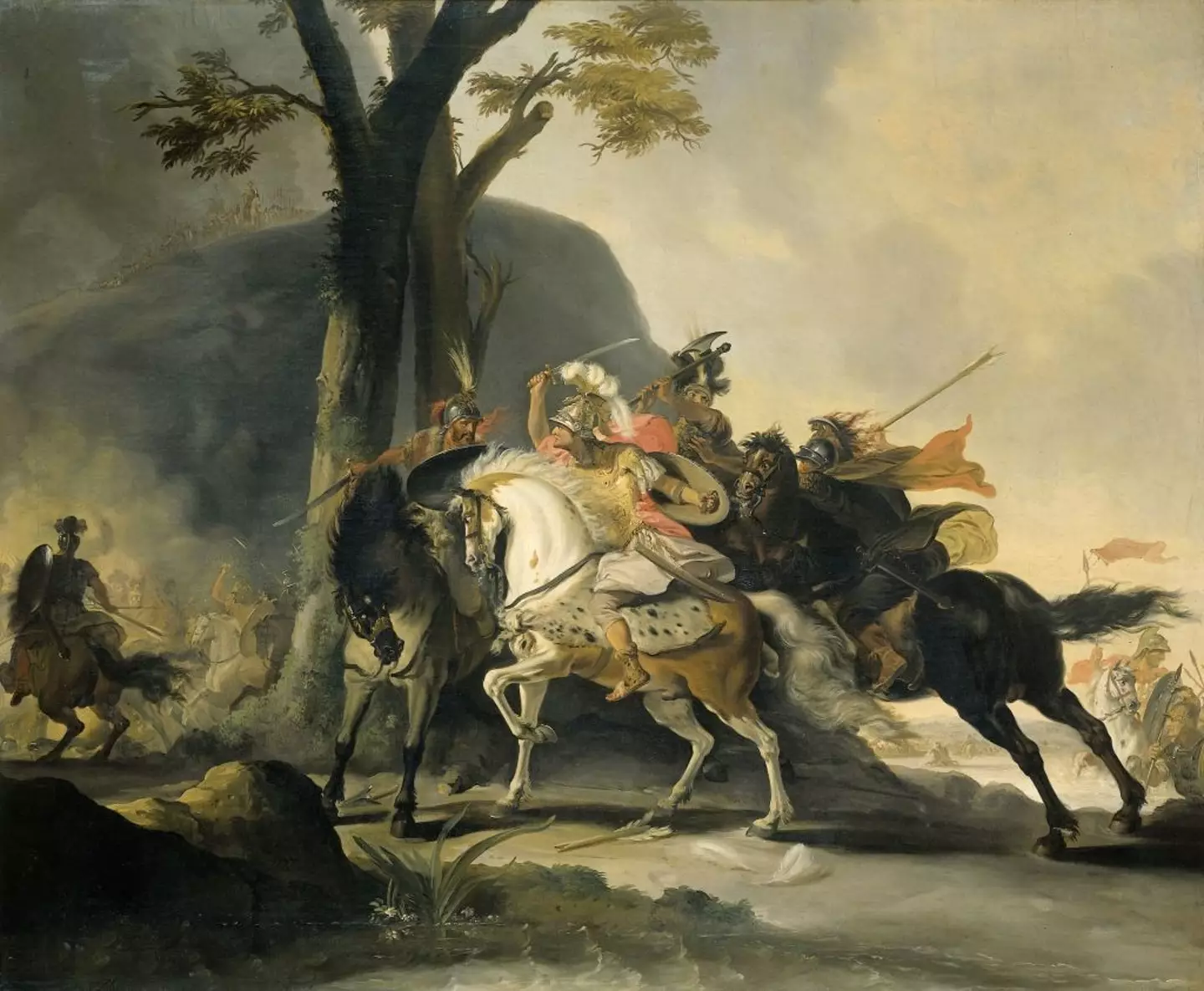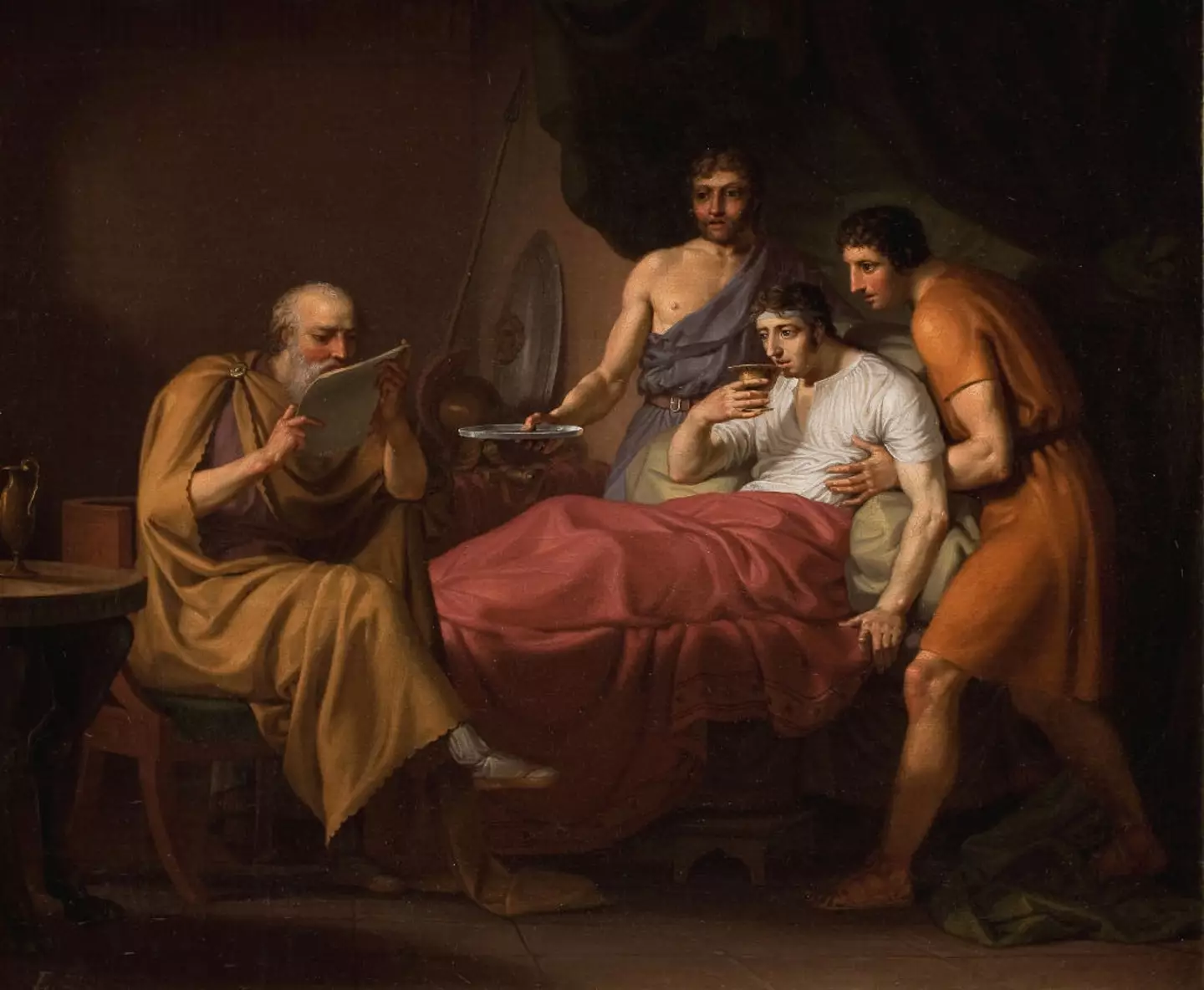
The myth of Alexander the Great's 'immortality' has finally been answered by historians.
Alexander III of Macedon, most commonly known as Alexander the Great, succeeded his father and became king of the ancient Greek kingdom when he was just 20.
Over the course of the next decade, Alexander's military successfully swept across parts of Asia and formed one of the largest empires in history.
Yet, at the young age of 32, he died in a palace in Babylon in 323 BCE.
Advert
Mysteriously, however, the king's body barely showed any signs of death - with no signs of decomposing for a staggering six days.
As reported by Plutarch, a Greek biographer and author, his body exhibited no signs of decay.

"His body, although it lay without special care in places that were moist and stifling, showed no sign of such a destructive influence, but remained pure and fresh," he wrote.
Advert
In the absence of the medical knowledge we know now, ancient Greece settled on the theory that Alexander simply must have been a god.
Now, science has stepped up with a harrowing explanation as to why Alexander stayed 'fresh' for days on end after his passing.
Doctor Katherine Hall, a lecturer at Dunedin School of Medicine in New Zealand, suggested that the late King had an acute autoimmune condition, known as Guillain-Barré syndrome, which results in muscle paralysis.
If true, Alexander may have actually been alive when medics said he was dead. Accidentally, yet brutally, he may well have been killed while being disembowelled for the embalming process.
Advert

Although how Alexander died will remain one of life's great mysteries, the Macedonian king was no stranger to an alcoholic beverage or two.
Records state he first became ill after partying for days on end, during which an account stated he was challenged to drink an entire krater of wine in honor of Heracles.
He collapsed after the incident and suffered an intense fever for around 10 days, which spiralled to the point he was unable to speak.
Advert
When Alexander's soldiers were brought before him one final time, historian Arrian said he 'could no longer speak... but he struggled to raise his head and gave each man a greeting with his eyes.'

After he was declared dead, theories gripped the region that perhaps he had been poisoned, murdered or simply died from drinking too much booze.
Over the centuries, historians have weighed in with their own theories, posing that he could have died from malaria, pneumonia, meningitis, pancreatitis or typhoid fever.
Advert
A 2003 BBC documentary investigating his death suggested the plant white hellebore may have been used to poison him, while a 2014 journal in Clinical Toxicology similarly suggested his wine could have been spiked with another toxin, Veratrum album.
Topics: History, Science, World News, Health